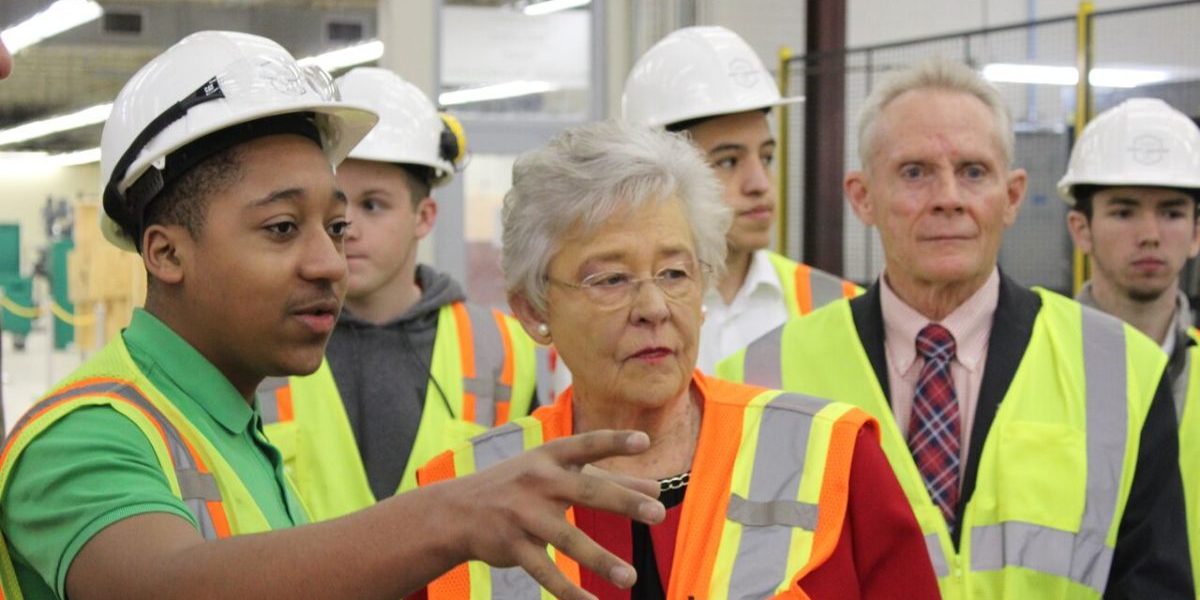A recent study commissioned by the Associated Builders and Contractors (ABC) of Alabama reveals that the commercial construction industry had a total output impact of $11.8 billion in 2015, but industry experts say unless young people who do not plan to go to college receive trade and craft training and go into construction-related fields, those numbers won’t be sustainable.
“We have an aging workforce, and we were like, we have got a problem and we have got to do something about it,” said Jay Reed, president of ABC Alabama, in an interview with Yellowhammer News. “We could not continue to be a $12 billion industry in Alabama if we did not start filling the pipeline.”
That’s why industry partners have created the Academy of Craft Training program, a public/private partnership between the construction industry and the State of Alabama’s K-12 education system.
The partnership involves support from local school boards, state workforce training programs, and the construction companies.
“We’re paying for the teachers, local schools pay for transportation, AIDT is paying for the building,” Reed said.
A construction-education partnership is already a natural fit — Reed said the most surprising piece of data from the ABC study showed the industry contributed an estimated $444 million to Alabama’s Education Trust Fund in 2015.
For the 2016-17 school year, 16 Birmingham-metro area high schools sent students to the simulated workplace at the Alabama Workforce Training Center to receive NCCER construction-related training in building construction, masonry, HVAC/plumbing, welding and electrical.
This year, 26 schools are participating and districts in Huntsville and Mobile are looking to participate as well.
Gov. Kay Ivey visited the AIDT Workforce Development Training Center, where the Academy training is held, and said, “The jobs of tomorrow are going to require a postsecondary certificate or degree, or it’s going to require students getting hands-on training that prepares them to enter the workforce immediately after graduation from high school.”
Reed said he sees support for the program in Montgomery.
“The state’s investment in these kids will be paid back in three years. Anyone who knows business knows if you get a return on investment in three years, it’s a good investment,” Reed said. “This is the future of construction training.”













